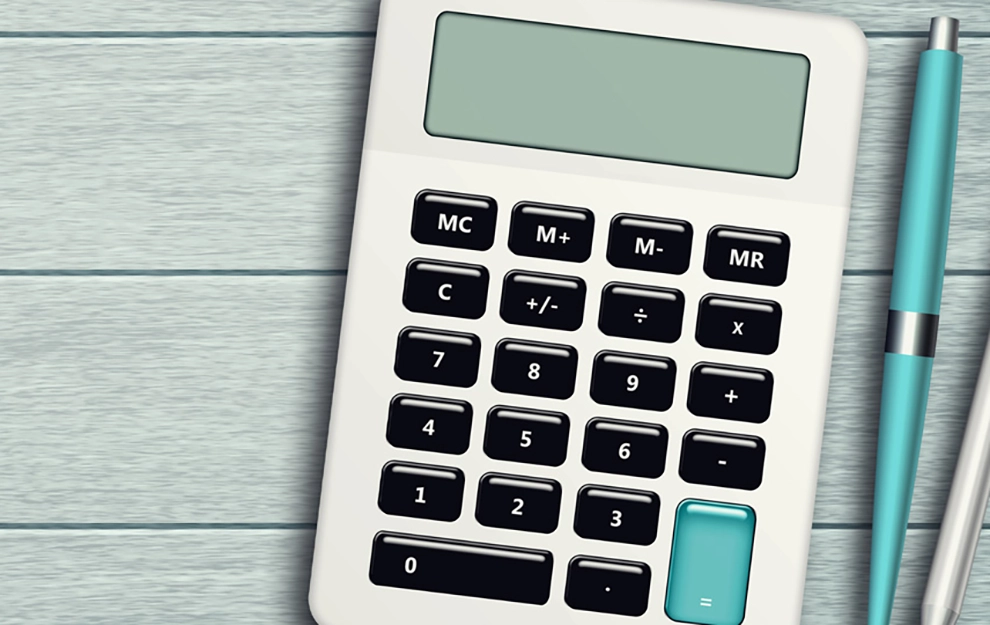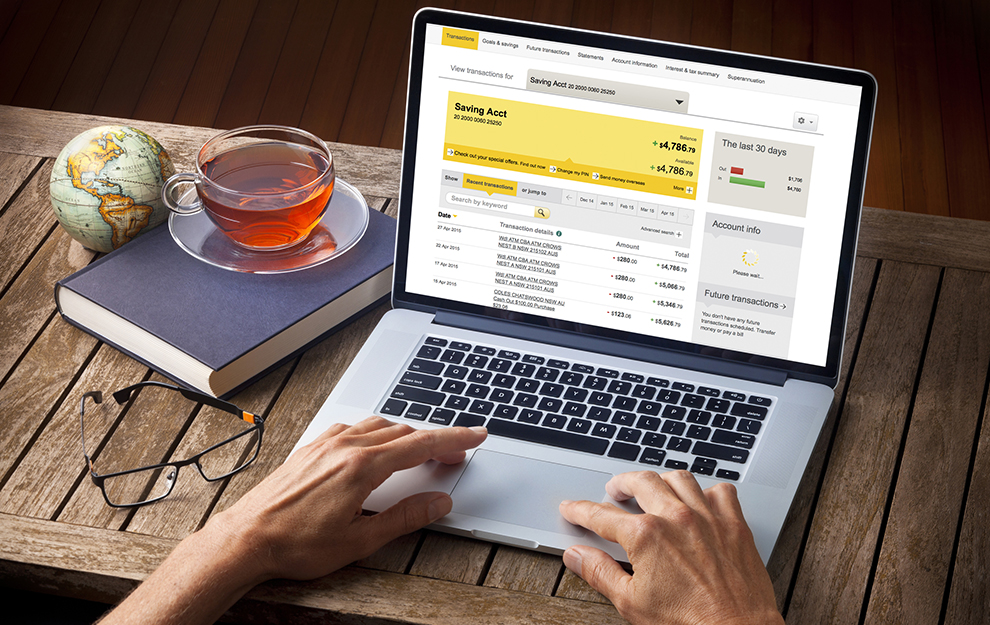Welcome to our new domain: sbical.bank. Please update your bookmarks accordingly.

19th Nov 2025Reading Time: 7 Minutes
Have you ever found yourself wondering what to do with extra cash after paying the bills?
If you are thinking about saving it for the future, choosing between a CD or high-yield savings account might seem confusing.
Both options let you earn interest and grow your money, but they serve different purposes depending on how soon you will need access to your funds.
This guide breaks down the key differences in CD vs savings account features, helping you decide which suits your financial goals better.
Whether you are saving for an emergency fund or planning for a big milestone, the right choice can make a significant difference.
When choosing between a CD vs high-yield savings account, it is essential to understand their differences.
Each choice suits specific financial goals, whether you want to lock in funds for a set period or maintain flexible access to your money.
For long-term savings, CDs are often the better choice due to their higher fixed interest rates and penalties that discourage early withdrawals. On the other hand, savings accounts are ideal for short-term or emergency savings, thanks to flexible access and no penalties for withdrawing funds when needed.
Certificates of Deposit (CDs): CDs usually offer the highest interest rates among standard bank deposit accounts, making them an attractive choice if you are willing to commit to a fixed term.
Savings Accounts: High-yield savings accounts have lower rates than CDs but still outperform regular checking accounts, offering a solid return for short-term goals.
CDs lock in higher interest rates for the full term.
Savings accounts have competitive rates but may not match CDs.
When comparing CD vs savings account interest rates, CDs usually win for fixed terms, while savings accounts trade slightly lower returns for greater liquidity.
Explore the options and compare rates before deciding. Apply for a savings account today.
Certificates of Deposit (CDs): One advantage of CDs is their fixed interest rate, which will not change during the deposit term. This provides certainty in your earnings.
Savings Accounts: Rates for savings accounts, including high-yield versions, fluctuate with market conditions, which can be a pro or a con, depending on economic trends.
CDs are ideal if you want a predictable return.
Savings accounts adjust rates based on the market, offering flexibility but less predictability.
Certificates of Deposit (CDs): CDs have specific terms, ranging from one month to as long as ten years. Once chosen, the funds remain locked for the term.
Savings Accounts: Unlike CDs, savings accounts do not have a set term. You can keep your money in them indefinitely and withdraw or deposit as needed.
CDs are better suited for long-term savings goals with fixed timelines.
Savings accounts offer flexibility for ongoing or emergency savings.
If you're planning ahead and don't need the money soon, a CD is a good option. If you might need quick access, go with a savings account.
To open a CD today, visit our CD savings account page and secure your future.
Certificates of Deposit (CDs): Accessing funds in a CD during its term often incurs penalties, making it less suitable for emergencies.
Savings Accounts: High-yield savings accounts let you withdraw your money anytime, making them a better option for short-term liquidity.
CDs restrict access to funds, making them ideal for disciplined savings.
Savings accounts allow withdrawals, offering convenience when needed.
Unlike CDs, savings accounts don’t penalize you for withdrawing money, which is helpful in case of emergencies.
Certificates of Deposit (CDs): Withdrawing funds from a CD before maturity usually results in penalties, such as losing earned interest.
Savings Accounts: Savings accounts impose no withdrawal penalties, giving you full flexibility.
CDs discourage early withdrawals, which can help you stay committed to saving.
Savings accounts allow withdrawal anytime, perfect for unexpected expenses.
If you anticipate needing the money early, a savings account will offer peace of mind without financial penalties.
Certificates of Deposit (CDs): Most CDs require a minimum deposit, though some banks may not require a minimum deposit.
Savings Accounts: Savings accounts are more accessible, often allowing you to open with any amount.
CDs may require a larger initial deposit, making them better suited for planned, larger savings.
Savings accounts are a more inclusive option for anyone starting to save.
If you're just starting with a small amount, a savings account may be more suitable than a CD.
Thinking about starting small? Open a bank account online for free and take the first step.
Certificates of Deposit (CDs): CDs are FDIC-insured, protecting your deposit up to applicable limits.
Savings Accounts: Similarly, savings accounts are also FDIC-insured up to applicable limits, ensuring your funds remain safe.
Both options offer equal protection, making them secure choices for your money.
Certificates of Deposit (CDs): CDs usually do not come with monthly maintenance fees.
Savings Accounts: Some savings accounts may charge monthly fees, though many waive these with a minimum balance.
CDs do not have monthly fees, keeping your savings intact.
Savings accounts may have monthly maintenance fees, but the fees may be waived if certain requirements are met.
| Feature | Certificate of Deposit (CD) | High-Yield Savings Account |
|---|---|---|
| Interest Rate | Highest among bank deposit accounts | Lower than CDs but higher than regular savings and checking accounts |
| Possible Interest Rate Changes | Fixed for the entire term | Variable; changes based on market conditions |
| Deposit Term | Fixed terms ranging from 1 month to 10 years | No fixed term; funds can remain in the account indefinitely |
| Access to Funds | Restricted; penalties for early withdrawals | Flexible; withdrawals allowed anytime |
| Penalty for Early Withdrawals | Yes; usually forfeits some or all interest earned | No penalties |
| Minimum Deposit | Often requires a minimum deposit | Typically no minimum; varies by bank |
| FDIC-Insured | Yes, up to applicable limits | Yes, up to applicable limits |
| Monthly Fees | None | Sometimes applicable; often waived with minimum balances |
Choosing between a CD and high-yield savings account is easier when you partner with a trusted financial institution.
At SBI California, we provide solutions tailored to your unique needs, whether you prioritize high returns or easy access to funds.
Our Certificate of Deposit and savings account options offer competitive interest rates, transparency, and security, helping you achieve your financial goals confidently.
For savers focused on maximizing returns, SBIC offers excellent CD for terms ranging from a few months to several years.
If flexibility matters more, our high-yield savings accounts allow convenient withdrawals while offering attractive rates.
Plus, both accounts are FDIC-insured to applicable limits, ensuring your money remains safe.
Moreover, opening an account with SBI California is seamless and accessible. You can apply for a savings account online to get started right away.
Whether saving for a short-term goal or building long-term financial security, SBI California stands out with personalized services and a deep understanding of diverse customer needs.
The decision between a certificate of deposit and a savings account depends on your financial priorities.
A CD is an excellent option if you value higher, predictable returns and don’t need immediate access to funds.
On the other hand, if flexibility and accessibility matter more, a savings account is the way to go.
Still unsure which to choose? CDs work well for long-term savings, while high-yield savings accounts are great for emergency funds or short-term goals.
Need help deciding?
Explore your options today by visiting our CD savings account page or apply for a savings account by SBI California to start saving confidently.

Grow your money with our attractive deposit rates, offering high returns and flexible terms. Whether you’re saving for the future or looking for short-term options, we have the perfect plan to suit your needs.

Get the best value for your money with our reliable and up-to-date exchange rates. Whether you’re traveling or transferring funds internationally, we offer competitive rates for seamless global transactions.

Start saving for retirement with competitive rates and tax benefits. Choose a Traditional or Roth IRA and grow your wealth with confidence. Visit us today to open your account!

Send wire transfers online with SBI California. Enjoy fast, secure domestic and international wire transfer services at competitive fees. Wire money internationally today!
Copyright © State Bank of India, California 2026, All Rights Reserved.